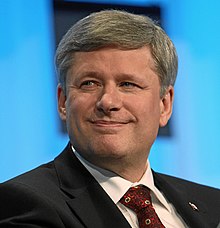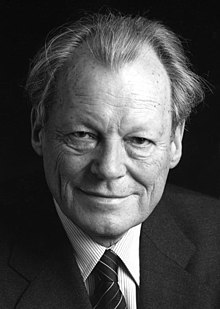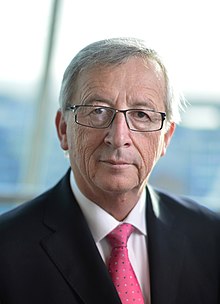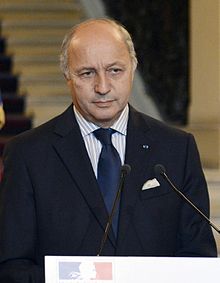The dust stirred up by Putin's speech to the Russian people last Thursday (Dec. 4, 2014) has begun to settle. In his speech,
"Putin has signaled that Moscow sees the world as a hostile place." (Stratfor-analysts : Marketwatch Dec. 5, 2014)
In effect, Putin can be said to have fired the first salvo in putting Russia on an economic 'war-footing' as sanctions begin to bite deeper, and the price of a barrel of oil continues its downward spiral. As reported in the Asian Tribune,
"The situation in Russia, meanwhile, is quite bleak too: rouble is in free fall; economy is on the brink of sliding into recession; the West is determined to impose more punitive sanction in proportion to the scale of [the] incursion in Eastern Ukraine." ( Sun, 2014-07-12)
Against this backdrop, as reported by Vladimir Soldatkin of Reuters,
Putin, who looked nervous before he greeted Hollande with a handshake, said they had held detailed discussions on ending the violence in which more than 4,300 people have been killed in mainly Russian-speaking eastern Ukraine since April." (
It would be an exercise in futility to try and second-guess any answers to these questions. After all, the pivot upon which the world of diplomacy rotates is the devious art of concealment. All that we can do is simply to 'flag' them up.
Whilst these question remain unanswered, ALL the people of Ukraine are suffering because of the war that has been instituted by Russia between itself and Ukraine.
There is a serious electricity crisis in Ukraine, brought about partly by the breakdown in receiving coal from South Africa due to,
"[t]he head of a Ukrainian state energy firm ... been arrested on suspicion of embezzlement in relation to the [coal] deal [with South Africa]. Ukraine’s coal mining has been disrupted by separatist conflict, and the the absence of Russian gas imports since June has resulted in country-wide mass electricity cuts [INCLUDING CRIMEA]. That is why the government turned to South Africa to boost supplies, but the imported coal turned out to be unfit for purpose." (Yahoo News : Dec. 6, 2014) (my emphasis)
Ukraine has now been forced,
" to ask Russia to supply electricity to make up for energy shortages caused by the loss of control to pro-Russian separatists of the country's coal-producing east."
But Russia will only supply Ukraine with electricity,
" if Kiev diverted some of the supplies to Crimea -- a strategic peninsula that Russia invaded and annexed in March."
To which Ukraine has responded,
"That is their condition," Demchyshyn told reporters. "We are not importing any electricity from Russia right now."(World | Agence France-Presse | Updated: December 06, 2014)
Meanwhile, in Donetsk and other rebel-held territories in eastern Ukraine,
"[w]inter ... is likely to be harsh for those who have remained, as industry has ground to a halt, military confrontation continues and supplies of food and energy are unreliable.
The separatist authorities have a dilemma: they have declared independence from Ukraine, but unlike with the Crimea peninsula, Russia has shown little appetite for formally taking over the east. This leaves the rebel authorities unsure where to turn for the cash to dole out benefits, pensions and other payments." (The Guardian, Wednesday 26 November 2014) (my emphasis) Added to which, it is also suffering from electricity problems.
Furthermore, the UNHCR has
"... [opened up] a network of UNHCR-sponsored collective centres in Ukraine where aid workers distribute essential supplies to some of the 490,000 people uprooted by the fighting and forced to seek shelter elsewhere in the country. (Rafał Kostrzyński in Kharkiv, Ukraine : 04 December 2014) (my emphasis)
If the Ukrainians are suffering from hardships due to a lack of electricity and warmth during the onset of the freezing winter months; Russians are also facing hardships on the front of spiralling food prices and increasing economic uncertainties.
Worryingly are the price rises of those staple Russian foods produced by Russia itself.
"Among the specific products hit the hardest, fresh tomato prices rose by 35%, white cabbage by 24%, and potatoes by 21%. But the biggest rise of all was recorded in buckwheat, with average prices soaring by more than 50% in the year to November. Since Russia produces most of this staple itself, this is not down to sanctions, at least directly." (Reuters/Mikhail Voskresensky : December 5, 2014)
The critical question is this,
"How, exactly, does Putin sleep at night knowing that his actions are the cause of all this suffering? Was that 'nervousness' when he greeted Hollande yesterday, a tiny glimmer of remorse for all the suffering that he has caused? Or was it due to something completely different."
(to be continued)















